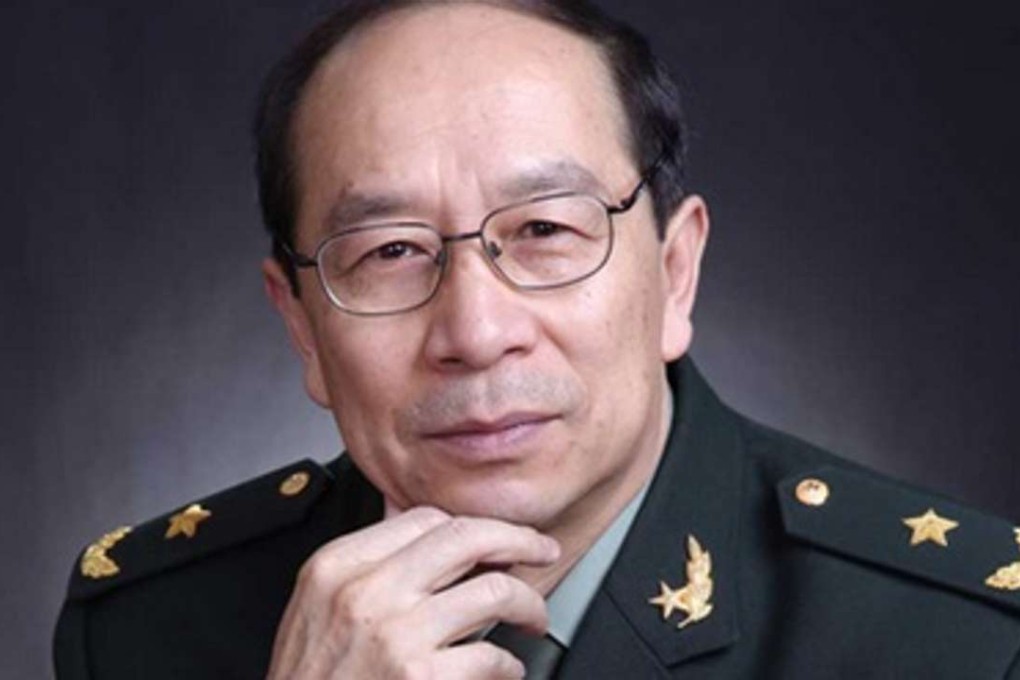Chinese defence adviser turns up heat on Singapore over South China Sea row
Jin Yinan, from the PLA’s National Defence University, accuses city state of siding with US over maritime dispute

Beijing should impose sanctions and retaliate against Singapore to make the city state “pay the price for seriously damaging China’s interests”, an influential Chinese defence adviser told state radio.
The remarks by Professor Jin Yinan came amid stern criticism by China over Singapore’s reported insistence on including content that backed the Philippines’ position on an international arbitration ruling on claims to the South China Sea in the final document of the Summit of the Non-Aligned Movement (NAM) in Venezuela early last month.
But Jin, former director of the strategic research institute at the PLA’s National Defence University, turned up the heat further late on Thursday, accusing Singapore of taking an active role in turning the South China Sea dispute into an international issue in recent years. He said Singapore had advised Washington on the matter and stirred up conflicts between the US and China, according to an interview with state-owned China National Radio.
It’s inevitable for China to strike back at Singapore, and not just on the public opinion front
“It’s inevitable for China to strike back at Singapore, and not just on the public opinion front,” Jin was quoted as saying. “Since Singapore has gone thus far, we have got to do something, be it retaliation or sanction. We must express our discontent.”